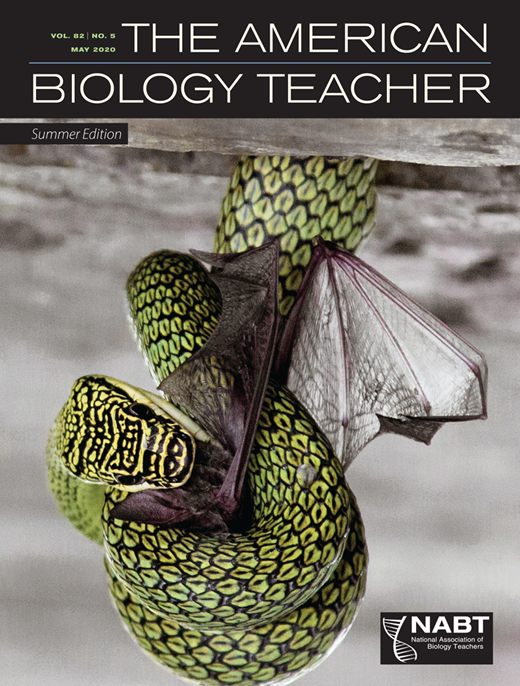
An important goal in biology education is developing students’ “tree-thinking skills,” which are the ability to organize knowledge about biological diversity using phylogenetic or evolutionary trees. A team from Syracuse University including biology postdoctoral researcher Erin McCullough, Syracuse University Project Advance (SUPA) high school teachers Lauren Verdeflor and Alaina Weinsztock, along with Biology Professors Jason Wiles and Steve Dorus, published an article in the journal “The American Biology Teacher,” to help educators engage students in evolutionary science.
The team presented a learning module that offers practical experiences and activities to explore evolutionary trees. The article, “Exploratory Activities for Understanding Evolutionary Relationships Depicted by Phylogenetic Trees: United but Diverse,” provides educators with activities designed to spark high school students’ excitement about the evolutionary connections among all organisms by challenging the students to reexamine and revise their predictions about evolutionary relationships using multiple types of data. The study was funded by a grant from the National Science Foundation awarded to the Department of Biology’s Center for Reproductive Evolution.
